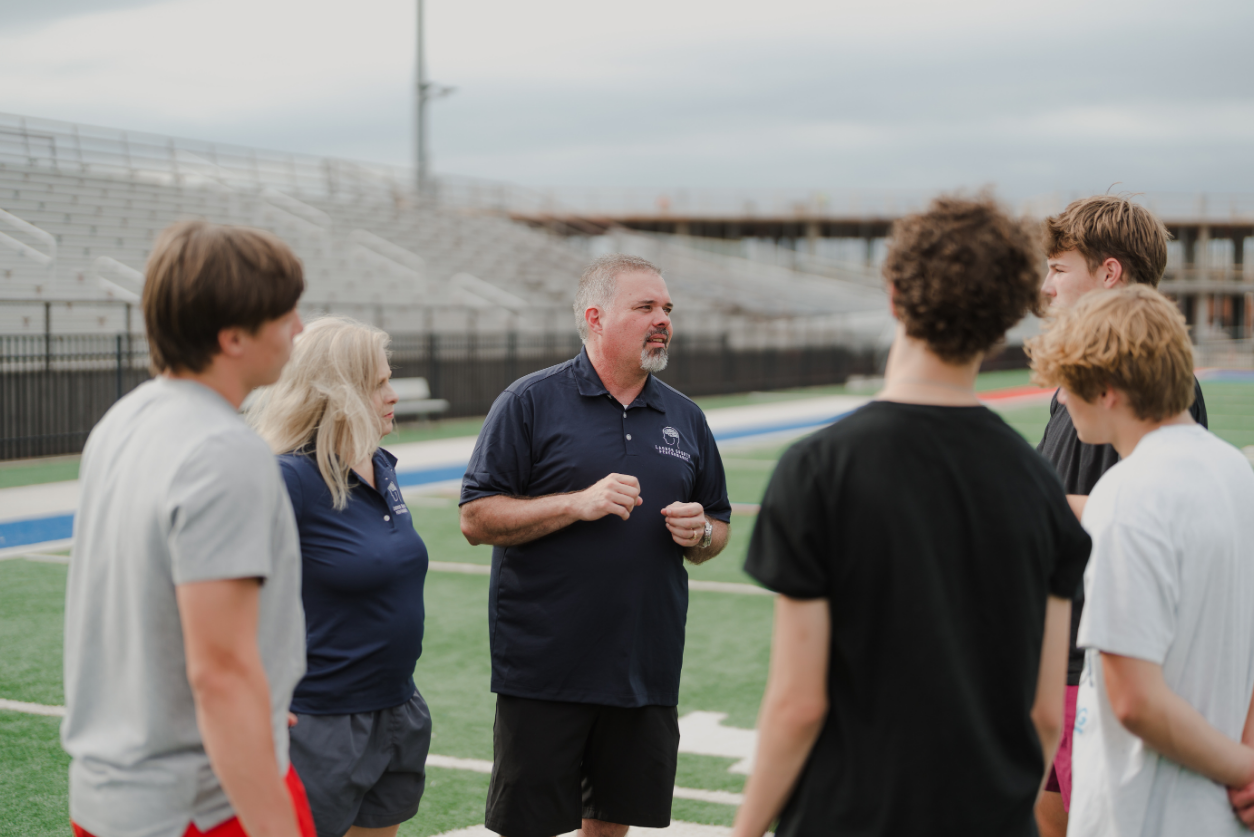So you’re into sports, maybe even play competitively yourself. You’ve heard whispers of a mysterious figure lurking on the sidelines – the sports psychologist. But what exactly does a sports psychologist do? Is it all about analyzing Freud on the pitcher’s mound?
Not quite. In reality, sports psychology is a fascinating field that delves into the mental aspects of athletic performance. If you’re curious about a career that blends your passion for sports with the power of the mind, read on! This blog will explain what a sports psychologist does, the skills they need, and how you can become one yourself.
The Mind Game: What Does a Sports Psychologist Do?
Imagine a high school basketball player who freezes at the free-throw line during a crucial game. Or a star athlete struggling with anxiety before a big competition. These are situations where a sports psychologist can step in.
Here are some key areas sports psychologists focus on:
- Mental Performance Enhancement: They help athletes develop techniques to improve focus, concentration, and motivation. This could involve relaxation strategies, visualization exercises, or goal-setting techniques.
- Overcoming Performance Anxiety: Athletes often experience pre-game jitters or fear of failure. Sports psychologists can equip them with tools to manage anxiety and stay calm under pressure.
- Building Confidence and Self-Esteem: Confidence is crucial for athletic success. Sports psychologists help athletes develop a positive self-image and overcome setbacks.
- Injury Recovery: Getting injured can be emotionally and mentally challenging. Sports psychologists help athletes cope with the emotional toll of an injury and stay motivated during rehabilitation.
- Teamwork and Communication: For team sports, fostering collaboration and effective communication is essential. Sports psychologists can help teams develop a strong team identity and work together towards a common goal.
The Tools of the Trade: Skills Needed for Sports Psychology
So, what kind of skills does it take to be a sports psychologist? Here are a few key areas:
- Psychology Knowledge: A strong foundation in psychology is essential. This includes understanding human behavior, learning, motivation, and emotional processes.
- Sports Knowledge: Having a good grasp of different sports can be highly beneficial. This allows you to understand the specific pressures and challenges athletes face in their respective disciplines.
- Communication Skills: Effective communication is crucial for building rapport with athletes and helping them understand the mental aspects of performance.
- Active Listening: Athletes need a safe space to express their concerns. Sports psychologists excel at active listening and creating a trusting environment.
- Problem-Solving Skills: No two athletes are alike. Sports psychologists need strong problem-solving abilities to tailor their approach to each individual’s needs.
Becoming a Sports Psychologist: Charting Your Course
If the world of sports psychology excites you, here’s what you need to know:
- Education: A Master’s degree in Sports Psychology or a related field like Counseling Psychology is typically required. Some programs offer specific concentrations in sports psychology.
- Internship: Gaining practical experience is essential. Look for internship opportunities with sports teams, athletic departments, or mental health clinics specializing in athletes.
- Licensure: In most states, licensure as a psychologist is required to practice independently. Licensure requirements vary by state, so research the specific steps in your area.
- Continuing Education: The field of sports psychology is constantly evolving. Continuing education courses ensure you stay up-to-date on the latest research and best practices.
Beyond the Bench: The Diverse World of Sports Psychology
The world of sports psychology isn’t limited to professional athletes. Sports psychologists can work with athletes of all ages and skill levels, from youth leagues to recreational sports programs. They can also work with coaches, trainers, and even parents of athletes, providing guidance on how to nurture a positive and supportive sports environment.
The Game Changer: Why Sports Psychology Matters
So, why is sports psychology important? Here’s the thing: peak athletic performance isn’t just about physical prowess. The mind plays a critical role in how athletes handle pressure, stay motivated, and ultimately achieve their full potential. A sports psychologist can be the game-changer, helping athletes not only win, but also develop the mental tools for a successful and fulfilling sports career, and perhaps even beyond.
Is a Career in Sports Psychology Right for You?
If you’re passionate about sports and have a keen interest in human behavior, a career in sports psychology could be a perfect fit. It’s a rewarding field that allows you to combine your love of sports with the power of psychology to help athletes unlock their full potential.
So, if you’ve ever wondered what goes on beyond the roar of the crowd and the squeak of sneakers, then delve deeper into the world of sports psychology! There are many resources available online and through universities with sports psychology programs. You can even reach out to local sports psychologists to learn more about their experiences.

